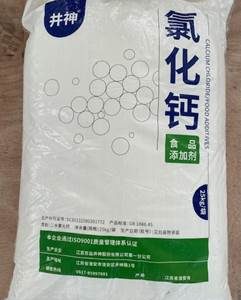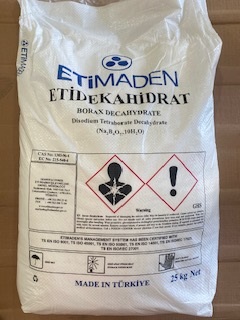Description
Sulphuric acid, often referred to as H2SO4, is a highly corrosive and strong mineral acid. It is one of the most important and widely used industrial chemicals globally. Sulphuric acid is characterised by its chemical formula, H2SO4, and its strong acidity, meaning it can readily donate protons (H+) to other substances, making it highly corrosive. It is commonly available in various concentrations, with concentrated sulphuric acid being one of the most corrosive forms.
Our sulphuric acid is synonymous with purity and quality. Produced through rigorous processes and quality control measures, it consistently meets and exceeds the stringent standards set by industries worldwide. As a strong acid, our sulphuric acid (H2SO4) demonstrates exceptional reactivity and efficacy in chemical reactions. This makes it a suitable component for industrial processes. We prioritise safety and environmental responsibility. Our operations strictly adhere to all regulatory standards and best practices, guaranteeing sulphuric acid’s safe handling and transportation.





